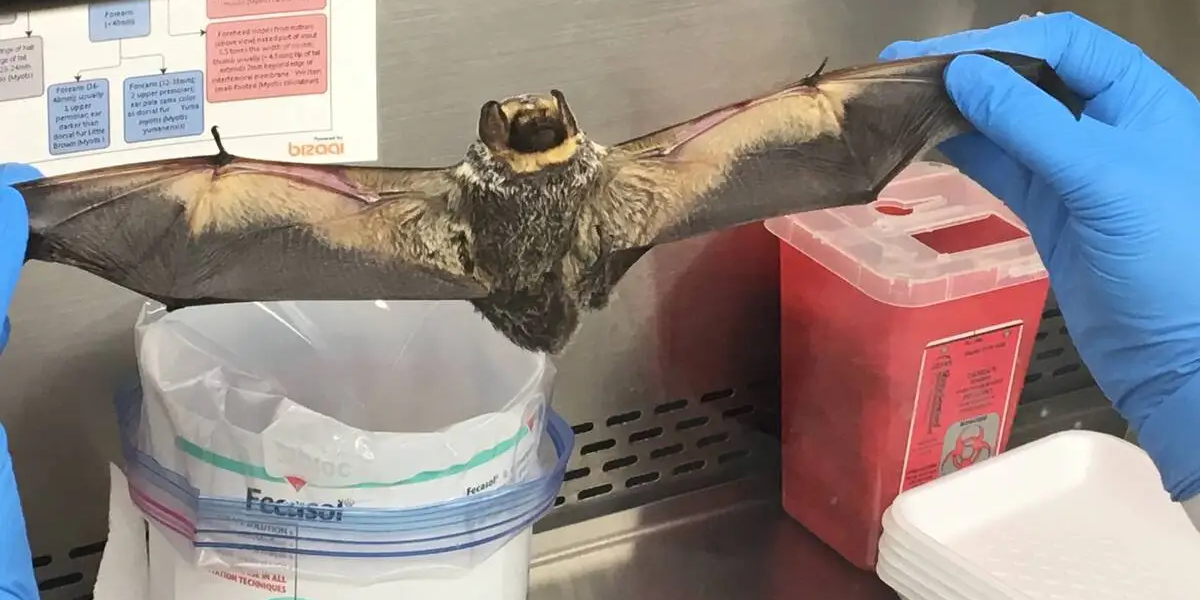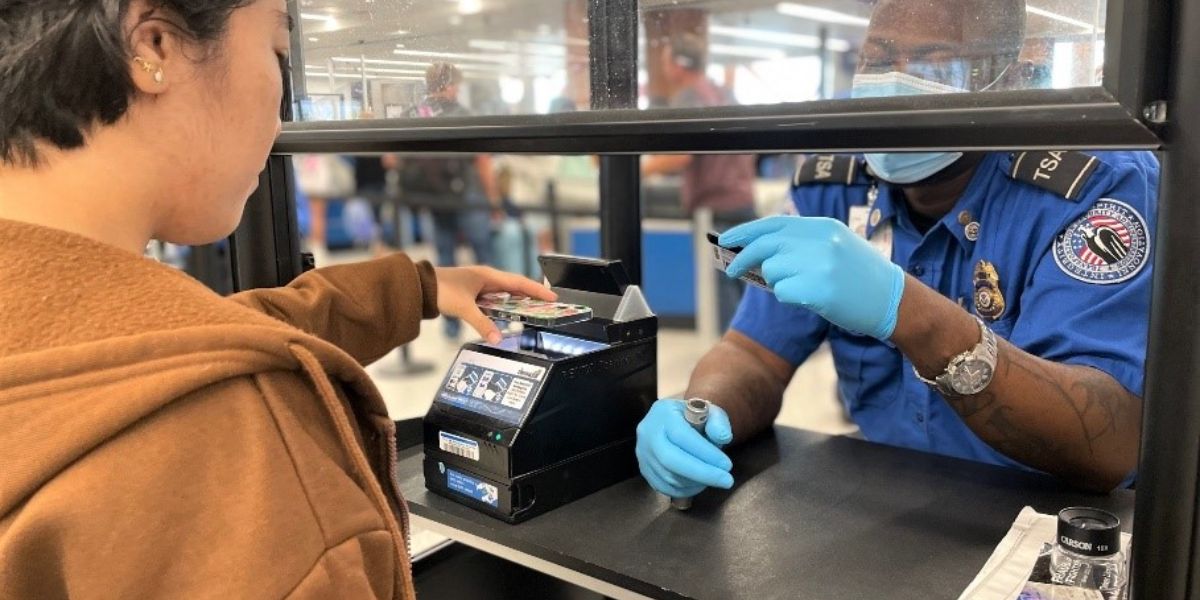Since the beginning of the year, the Animal Disease Laboratory of the Nevada Department of Agriculture (NDA) has confirmed that there have been two positive cases of rabies in bats that have been found within the state. Positive detections were made in large brown bats in the areas of Carson City and Washoe County.
Bats are native to the state of Nevada, and the months of May through October see an increase in the number of bats that are active. Between ten and twenty cases of bat rabies are confirmed by the Animal Disease Laboratory each year, on average. Although rabies can be transmitted to humans and domestic animals through bats, bats are the primary method of transmission. Because of this, it is essential to ensure that pets receive their immunisations up to date and to avoid any interaction with wild animals.
“It is of the utmost importance to ensure that pets have rabies vaccinations that are up to date during this time of year,” said Peter Rolfe, DVM, who is the State Veterinarian for the NDA. The vaccination of dogs and cats not only protects the health of these animals but also offers an essential layer of protection to the people who keep them. Unvaccinated animals that are exposed to rabies are subject to forced euthanasia, which highlights the importance of vaccination on a constant basis.
Dogs, cats, and ferrets are required by law to have a recent rabies vaccination in the state of Nevada. In addition, vaccinations are offered for particular kinds of animals. When it comes to establishing and maintaining a vaccination plan for their animals, animal owners are strongly encouraged to collaborate with their veterinarians.
Bats have the ability to sneak inside and out of dwellings without being discovered. Any bat, whether it is living or dead, that may have come into contact with people or domestic animals should be reported as soon as possible. Before attempting to pick up a bat, it is imperative that persons get in touch with the local animal control department in their area.
“If you or your animals have had contact with any bats, you should contact your local health care professional or veterinary provider as soon as possible,” Dr. Rolfe said. Those who are interested in learning more about rabies and the appropriate actions to take in the event of a probable exposure can do so by visiting the website of the Centres for Disease Control and Prevention (CDC) at cdc.gov/rabies, or by contacting either Northern Nevada Public Health or Southern Nevada Health District.


 by
by 

